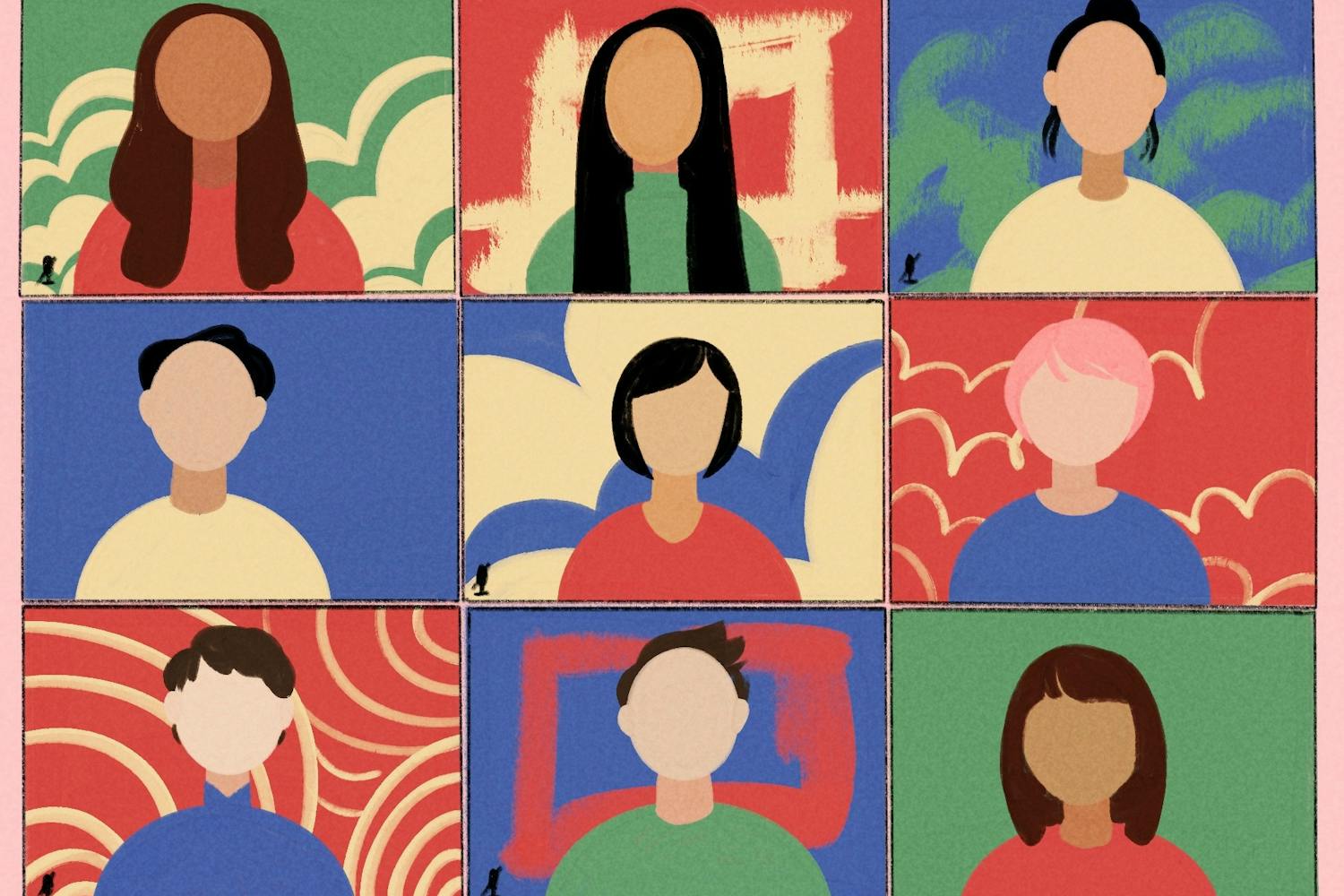In the realm of women’s studies and feminist theory, the concepts of sexism, racism, classism and ableism, among others, are frequently discussed.
Everyone knows what racism is — or at least they know it when they see it. Most people know what sexism is. Fewer people know about “reverse racism” or “reverse sexism” — because these concepts are indissolubly flawed.
The most basic definition of sexism (or racism) categorizes social relationships that stem from one group or another occupying the so-called “dominant” spot. Racism or sexism involves both power and prejudice.
Prejudice is a two-way street. Power is inherently not.
Prejudice can exist in both privileged and non-privileged groups, but prejudice toward the privileged lacks the power needed to put it into action.
My fellow State Press columnist writes that sexism “is itself a disease, and anybody (male or female) who makes pejorative claims about the opposite sex is part of the problem, not part of the solution.”
But when a man makes a blanket statement, such as: “Women are so stupid,” he’s not criticizing one woman or another. He’s dismissing women as a group.
READ THE POINT HERE
Why isn’t it the same when a woman says, “Boys are so stupid"?
Well, while I don’t think it’s a nice or even useful thing to say, it’s not dismissing an entire class of people. It’s not reinforcing decades of "misandrist" sentiment that’s been used to rationalize policies that disadvantage men, in the way that a statement reinforces misogynistic sentiment that has been the basis of many, many policies and practices that disadvantage women.
Hurt feelings do not equate to “reverse sexism.”
Is it possible to be prejudiced against men? Are there ways in which prejudice hurts men? Absolutely, unequivocally yes.
Does this mean that it's possible to be sexist to men? Sexism against men simply doesn't exist.
If "reverse sexism" was in fact a possibility, it would require that men and women occupy relatively equal positions in society. If you want to argue that these groups do, you’re welcome to do so, but too often these sorts of arguments remove the experiences of women of color, women with disabilities, non-binary women, gay women and trans women from the conversation.
According to "Shifting: The Double Lives of Black Women in America," Harvard University professor Karen Ruggiero performed a study that found that while women did perceive discrimination, they were more likely to minimize discrimination and to consider their own shortcomings as the source of their failures. A similar study found that white males were "substantially less likely to blame themselves and more likely to see discrimination as the reason for their poor performance."
I don't seek to minimize the struggles of being male in our society. There's no point in engaging in "oppression Olympics" and trying to outdo anyone with tales of discrimination and prejudice.
But to claim "reverse sexism" exists is to disregard the nature of relations between the sexes and genders and does a disservice to those who do, in fact, suffer real and lasting discrimination in their daily lives.
Reach the columnist at skthoma4@asu.edu or follow her on Twitter @savannahkthomas





